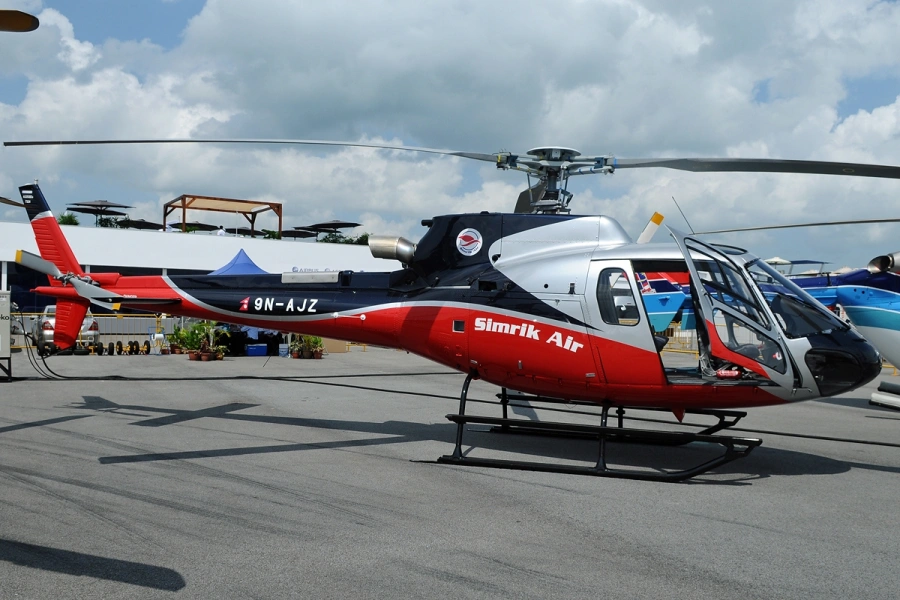KATHMANDU, Sept 22:Exactly one year ago, India imposed an undeclared blockade on Nepal, citing protests by Madhes-based parties at some checkpoints along the Nepal-India border. The parties were protesting against some of the provisions in the new constitution.
The blockade dragged on for nearly five months.
The blockade has ended, the government has changed twice and visits to India have been paid by two Nepali prime ministers in the past one year. But there has been no substantive progress in settling the provincial boundaries, which is the major demand of the Madhes-based parties. Also, the relations between Nepal and India that had soured so badly last year have yet to return to normal.
Failure to call blockade a blockade caused poll defeat: Dr Koir...

Madhes-based leaders, however, claim that their move to stage sit-ins at the border checkpoints has to some extent yielded positive results.
“We staged protests along no man's land only after the state suppressed our protests brutally, and our obstruction of the customs points ultimately helped us garner broader support for our demands,” said Tarai-Madhes Democratic Party General Secretary Sarvendra Nath Shukla.
He said that though their demands have yet to be fulfilled, they have been able to garner more support in parliament for those demands.
“Last year, almost all lawmakers from non-Madhes parties were against making any changes to the new constitution, but now the situation has changed," Shukla told Republica, adding that around 60 percent of the lawmakers have now become ready for constitutional amendment. "This is because of our continued protests.” He further claimed that the new government led by CPN (Maoist Center) Chairman Pushpa Kamal Dahal is ready to address most of the demands of the agitating parties.
However, CPN-UML lawmaker Rajan Bhattarai, who is a member of the Nepal-India Eminent Persons' Group (EPG), doesn't buy Shukla's argument. He claimed that the blockade against Nepal has never been justified in Nepal or in India.
“Neither Madhesi leaders nor the Indian leaders have been able to justify the agitating Madhes-based parties resorting to an extreme measure like blocking the key border points through which fuel, medicines and other essentials are imported,” said Bhattarai. “Even India's own leaders have failed to convince the Indian political parties over the reasons for imposing the blockade.”
He said the blockade has stamped an anti-India imprint on three generations of Nepalis [old, youths and children], who suffered under the hardship. “The pain the children underwent during the blockade will remain in their memory for life. India has so far not been able to make any amends for the blockade,” said Bhattarai.
Shukla said he feels guilty when he recalls people in both Madhes and Kathmandu sufferring under the blockade. “But the blockade was our compulsion,” he argued.




































